Teen Dating Violence Awareness
Preventing Teen Dating Violence
Teen Dating Violence (TDV), also referred to as "dating violence", affects millions of teens in the U.S. each year. It occurs between two people in a close relationship and includes:
Physical violence
Examples: Hitting, kicking, pushing
Sexual violence
Examples: Forcing a partner to take part in a sex act
Psychological abuse
Examples: Name-calling, insulting, threatening
Stalking
Examples: Repeated unwanted or threatening phone calls or messages, showing up unwanted
TDV can happen in person or electronically including repeated texting or posting sexual pictures of a partner online without their permission.
Facts about Teen Dating Violence
Teens often think some behaviors like teasing and name-calling are a "normal" part of a relationship, but these behaviors can become abusive and develop into serious forms of violence.
Nearly 1 in 11 female and about 1 in 15 male high school students report having experienced physical dating violence in the last year
About 1 in 9 female and 1 in 36 male high school students report having experienced sexual dating violence in the last year
Unhealthy or violent relationships can have severe short and long-term effects on a developing teen. For example, youth who are victims of TDV are more likely to:
Experience symptoms of depression and anxiety
Engage in unhealthy behaviors, like using tobacco, drugs, and alcohol
Think about suicide
Teen Dating Violence is Preventable
Supporting the development of healthy, respectful, and nonviolent relationships can help reduce the occurrence of TDV and prevent its harmful effects. During the pre-teen and teen years, it is important for youth to begin learning the skills needed to create and maintain healthy relationships. These skills include things like how to manage feelings and how to communicate in a healthy way.
The CDC developed Dating Matters®: Strategies to Promote Healthy Teen Relationships to stop teen dating violence before it starts. It focuses on teaching 11-14-year-olds healthy relationships skills and includes sections for kids, parents, schools, and neighborhoods.
Visit the Dating Matters website to learn more!
Need Help? Know someone who does?
Contact
Love is Respect National Teen Dating Abuse Helplineexternal icon
Call 1-866-331-9474 or TTY 1-866-331-8453
Rape, Abuse & Incest National Network's (RAINN) National Sexual Assault Hotlineexternal icon
Call 800-656-HOPE (4673) to be connected with a trained staff member from a sexual assault service provider in your area.
Visit rainn.orgexternal icon to chat one-on-one with a trained RAINN support specialist, any time 24/7.
Content source: Centers for Disease Control and Prevention, National Center for Injury Prevention and Control

